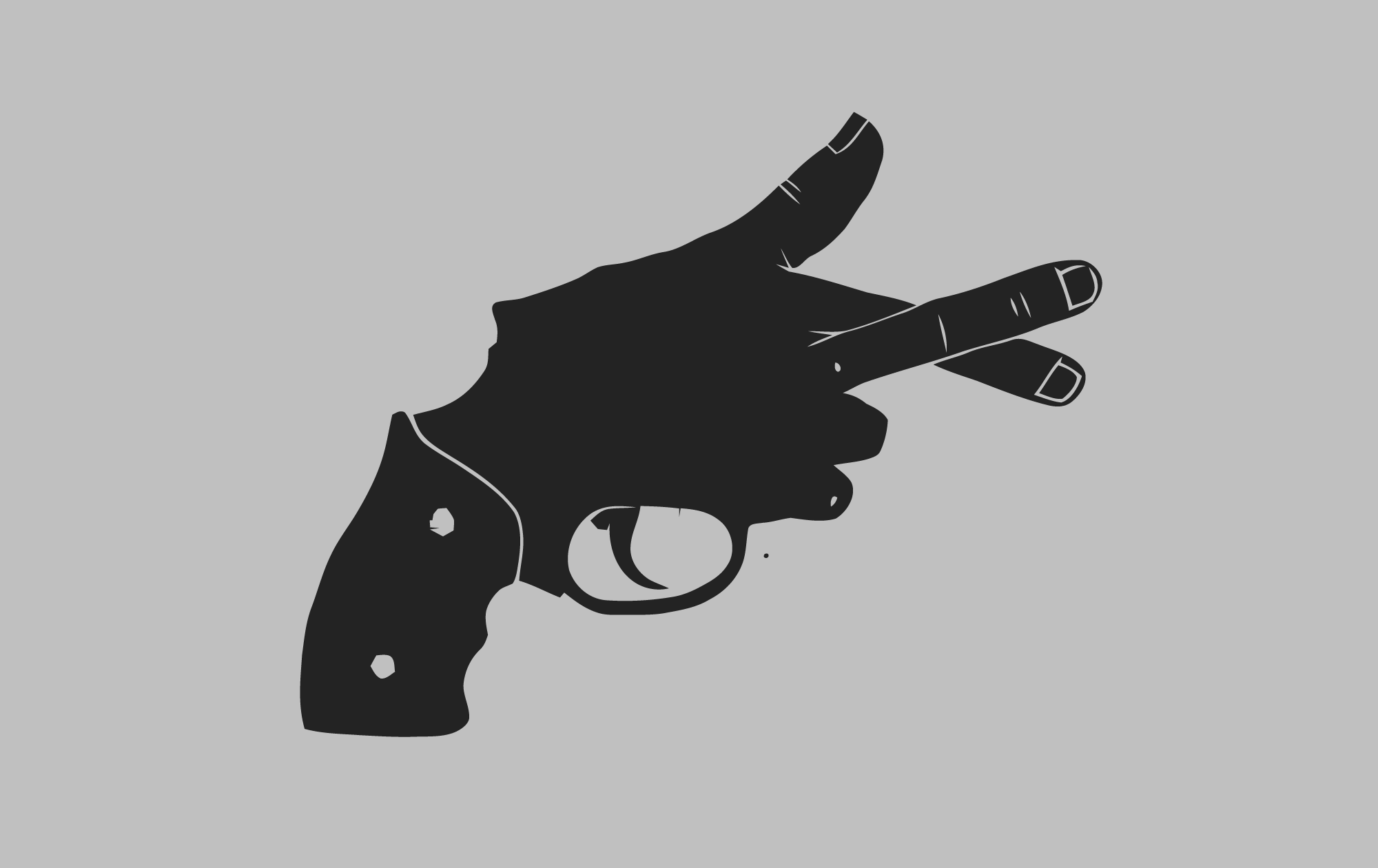
One Cannot Simultaneously Be Trusting AND Circumspect: Guns, Trust, and Calculators
“Faith in this God means trust in our own capacities…This faith will not morph into the guarantee. The end, from the perspective of the infinite, is endless and thus cannot be secured, predicted, or determined in advance. Each end will fade into its perspectival infinity. We won’t take certainty from this cloud of refuge, even when its shines. We might take heart.” —Catherine Keller
I have a theory. I’m not convinced that genuine trust can exist if one also simultaneously insists on being circumspect; true trust necessarily involves risk and vulnerability, in my opinion.
John Caputo, riffing on the Algerian-Jewish philosopher, Jacques Derrida, and his thoughts on forgiveness, talks about this in regard to hope. Hope, Caputo would say, really begins to look like hope when things are at their worst, when things are looking desperate and hopeless. Likewise, I would say trust is truly trust when one is exposed, uncertain, and vulnerable.
Case in point, I can’t think of a better symbol of instability and impervious distrust (in God and Human Nature, for instance) than that of a gun being carried on one’s person. Keeping a gun for “self-defense” purposes and carrying it around in daily life while, at the same time, trying to be part of a civil society, is akin to a child nodding in affirmation and crossing their fingers behind their back when their mother asks them to stay out of trouble. To get at this another way, if we conceive of a math test in which calculators are forbidden, we most likely would question someone’s competency in math if they sneak in a calculator “just in case they need it.”
Now, generally, analogies and metaphors tend to conceal as much as they reveal and we should, of course, always be conscious of this, but my friend Kev Mequet recently shared a story with me that I think lends a little concrete, empirical credence to this theory:
“I have practical experience in this. In my third undergrad calculus class I had this very experience from my prof. He forbade calculators in our class for the duration. But he made an extraordinary bargain with us. He said we could use a calculator for computational accuracy but it would sacrifice learning the procedural and philosophical lessons of the principles involved so he would prefer we concentrate on those because if we learn them then using a calculator would become a tool for accuracy and not a replacement for learning the principles — harkening back to Heidegger’s handy information bait and switch confusing knowledge and wisdom. So his deal was he would not penalize us for computational errors as long as we wrote our thinking sufficiently for him to follow the solution pathway covered in the material demonstrating our absorption of the principles. I aced his class. It was a wonderful learning experience.”
Kev’s story marvelously gets at what Catherine Keller is saying above, and what I have written about before in regard to imagination. Trust/Faith requires risk and vulnerability. It just does. Yes, we may be left with less certainty, potentially opening ourselves up to perceived “threats,” and we may even get some problems wrong, but with no calculator in our back pocket we would also be forced to think differently, to think creatively, to learn new things, and use our imaginations to envision new ways—better ways—of solving problems.

[…] to the egregious gun ad above, I can’t think of a better symbol of instability and impervious distrust (in God and Human Nature, for instance) than that of a gun being carried on one’s person. But I […]